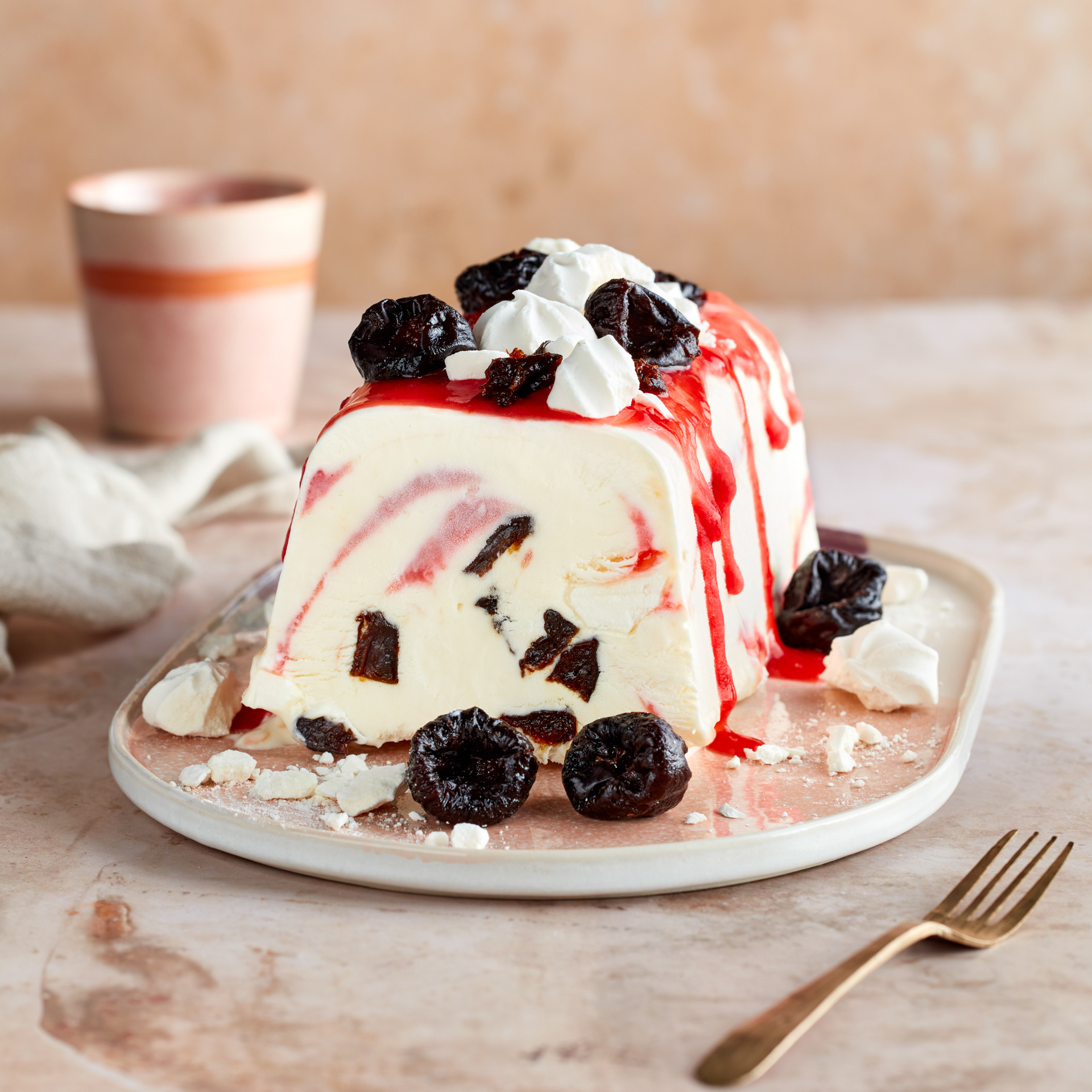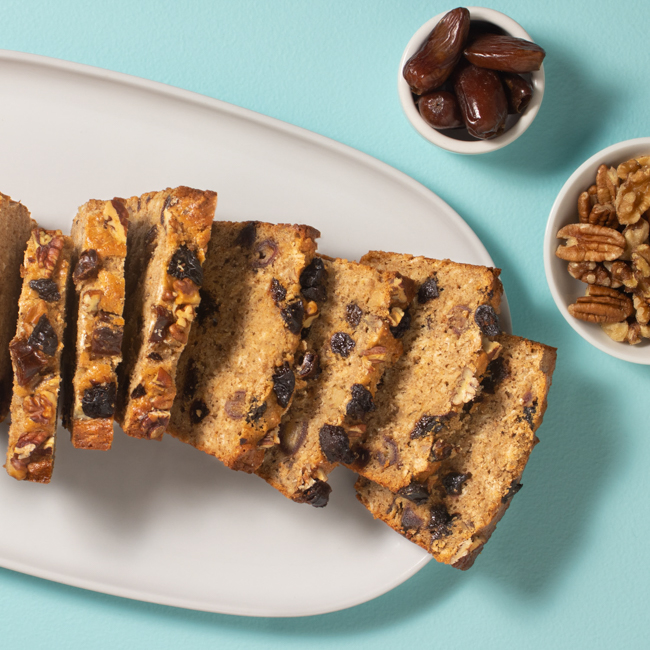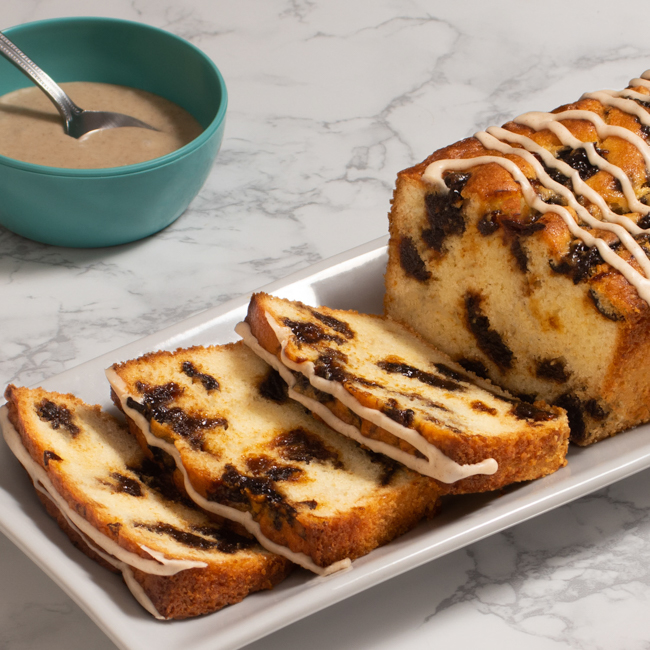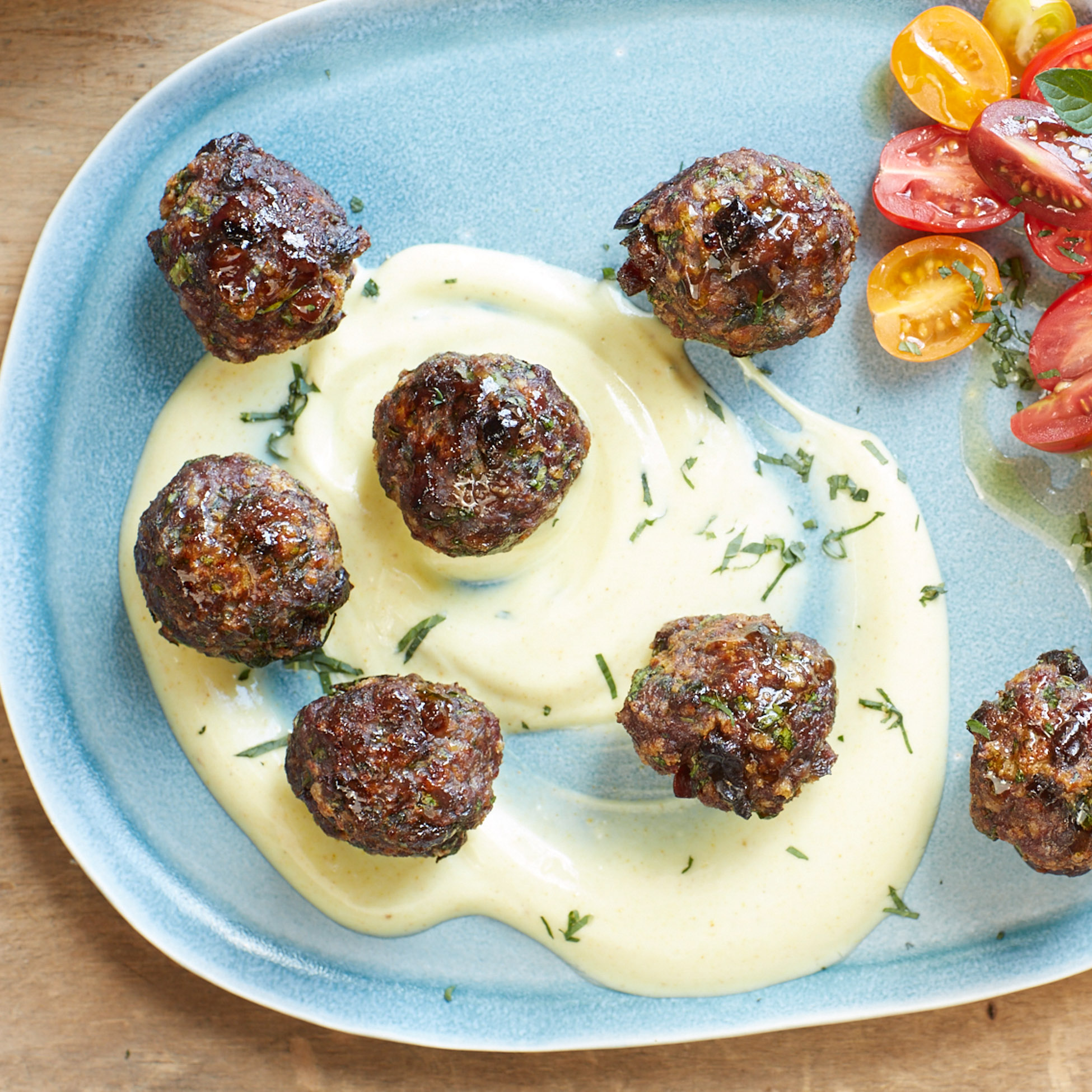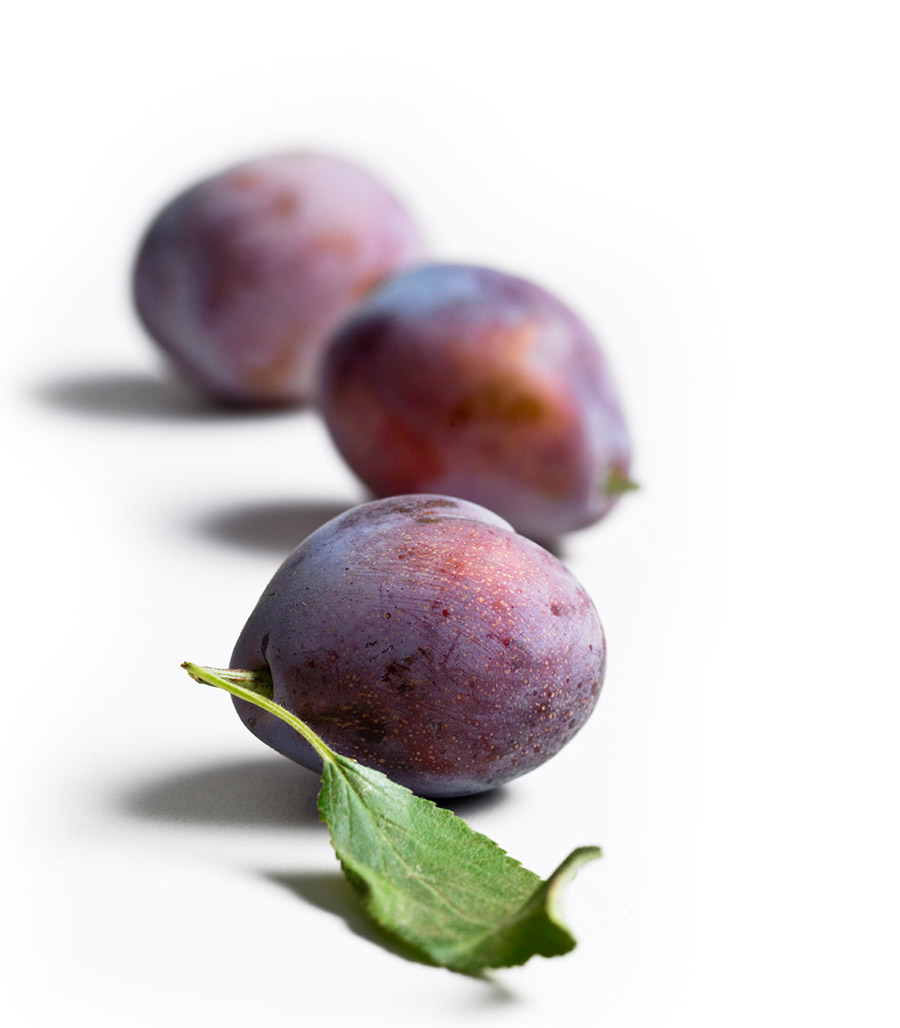
Lipid oxidation is a big concern for meat and poultry processors. When the fat in meat oxidizes, it creates “warmed-over flavor,” imparting an unappetizing wet-cardboard taste on meat or poultry. Exposure to air and light are the main causes of lipid oxidation, but iron and salt can trigger it as well.
While lipid oxidation can occur before or after meat is cooked, its presence is most noticeable after cooking. This makes lipid oxidation a major cause of quality deterioration in meat and poultry products.
To suppress warmed-over flavor, some product developers turn to synthetic agents, such as butylated hydroxyanisole (BHA) and butylated hydroxytoluene (BHT). But these additives don’t fit into the consumer wellness trend—Whole Foods lists BHA and BHT on its “Unacceptable Ingredients for Food” list.
But so do antioxidants. Studies have shown that the high levels of antioxidant phenolic compounds in prune plums—mainly neochlorogenic and chlorogenic acids— suppress the formation of warmed-over flavor in roast beef and in turkey sausages. The antioxidants* in prune ingredients, such as Fresh Plum Concentrate and Dried Plum Puree, suppress the development of warmed-over flavor in meat and poultry items.
“Dried prune plums have more than 1800 mg of antioxidant phenolic compounds per 1000 g of fruit. They have more phenolic compounds than fresh prune plums because dehydration concentrates the compounds. Neochlorogenic acid represents 71% of the total phenolics and chlorogenic acid constitutes 24%.”
Critical Reviews in Food Science and Nutrition, 251-286
To reduce or eliminate WOF, use 1 to 2% Fresh Plum Concentrate or 2% Dried Plum Puree. Our ingredients are USDA-approved for use in meat and poultry products.
*Dried prune plums have an ORAC value of more than 8,000 micromoles of Trolox Equivalents per 100 grams, per USDA
For more ideas on using Sunsweet Ingredients in Meat and Poultry, see:


 日本語
日本語 한국어
한국어